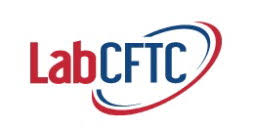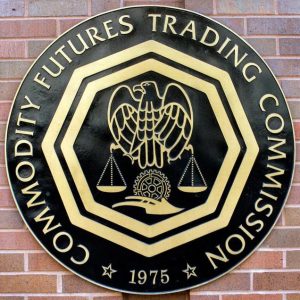 The digital world is getting even more digital and the Commodities Futures Trading Commission (CFTC) is staying up.
The digital world is getting even more digital and the Commodities Futures Trading Commission (CFTC) is staying up.
The CFTC released a white paper entitled: “Primer Smart Contracts”.
“Smart contracts are being used to drive further automation in our markets and may have an impact across a range of economic activities,” said LabCFTC Director Daniel Gorfine. “This primer is focused on explaining smart contracts, exploring how they may impact our markets and highlighting potentially novel risks and challenges.”
What is a smart contract?
A smart contract is, “a computer protocol intended to digitally facilitate, verify, or enforce the negotiation or performance of a contract.” According to its Wikipedia page.
A smart contract, the paper notes, “Allows self-executing computer code to take actions at specified times and/or based on reference to the occurrence or non-occurrence of an action or event (e.g., delivery of an asset, weather conditions, or change in a reference rate).”
These sorts of contracts are especially popular in virtual currency transactions.
The paper further notes, “Smart contracts use digital signatures – private cryptographic keys held by each party to verify participation and assent to agreed terms.” Continuing, “Smart contracts use oracles – a mutually agreed upon, network authenticated reference data provider (potentially a third-party); this is a source of information to determine actions and/or contractual outcomes, for example, commodity prices, weather data, interest rates, or an event occurrence.”
Smart contracts are executed, including payment transactions, electronically without the need for humans to act through the process.
“A smart contract is a set of promises, specified in digital form, including protocols within which the parties perform on the other promises.” Said computer scientist Nick Szabo in 1996. The basic idea of smart contracts is that many kinds of contractual clauses (such as liens, bonding, delineation of property rights, etc.) can be embedded in the hardware and software we deal with, in such a way as to make breach of contract expensive (if desired, sometimes prohibitively so) for the breacher.”
The potential benefits, the paper noted, include everything from faster speed to security.

The CFTC and Smart Contracts
The paper noted that smart contracts can be used in everything from vending machines, crypto, and even credit default swaps, the latter two being regulated by the CFTC.
Smart contracts can “Streamline trading of products subject to oversight by the CFTC (e.g., options, futures, and swaps) and enhance efficiency from pre-trade through post-trade (e.g., price discovery, execution, clearing, and settlement).” The paper noted further.
While smart contracts have the potential of making transactions go faster, they also have the potential of making transactions less transparent and to “Unlawfully circumvent rules and protections.”
It is there where the CFTC plays a role.
For instance, the paper noted, “Smart contracts may be manipulated by insiders who may have ‘backdoors’ or ‘kill switches’ to the code or a deeper understanding of how the smart contract will react to particular events or inputs.”
“As with other areas of innovation, while there are many potential benefits, it is also critical to understand and mitigate risks and challenges; the primer accordingly works through a range of operational, technical, cybersecurity, fraud and manipulation, and governance risks and challenges.” The CFTC said in a statement.
The primer was released by LabCFTC, created in 2017 and CFTC’s fintech initiative.









